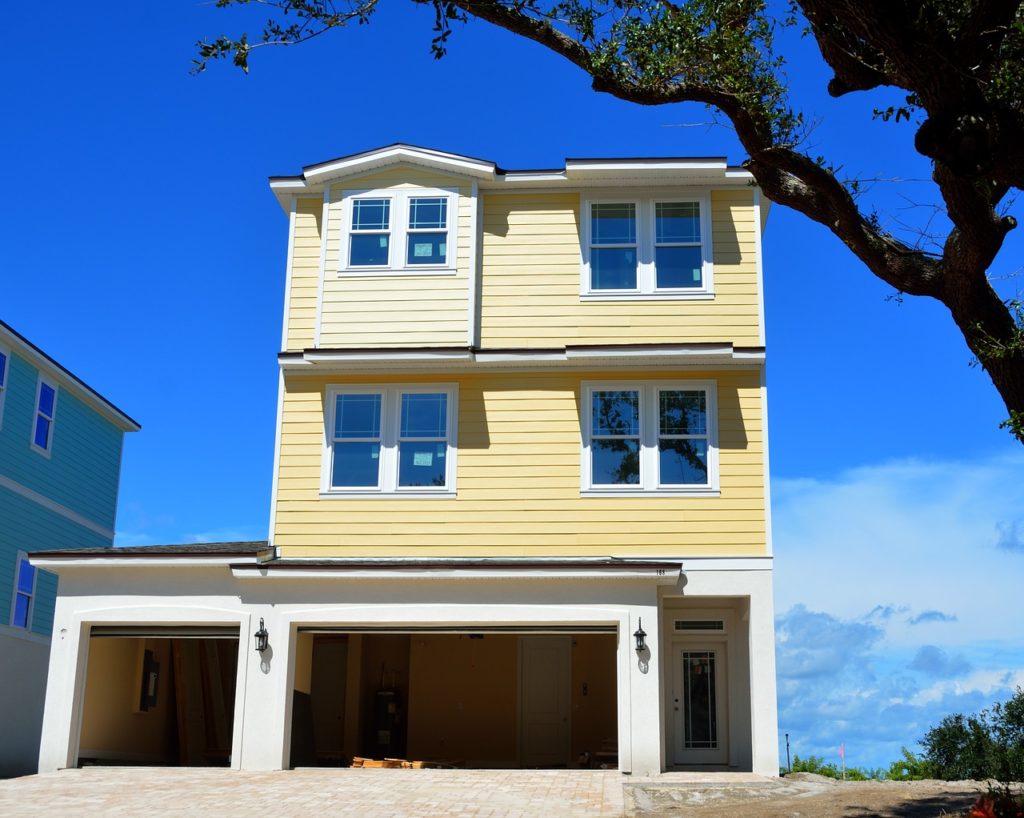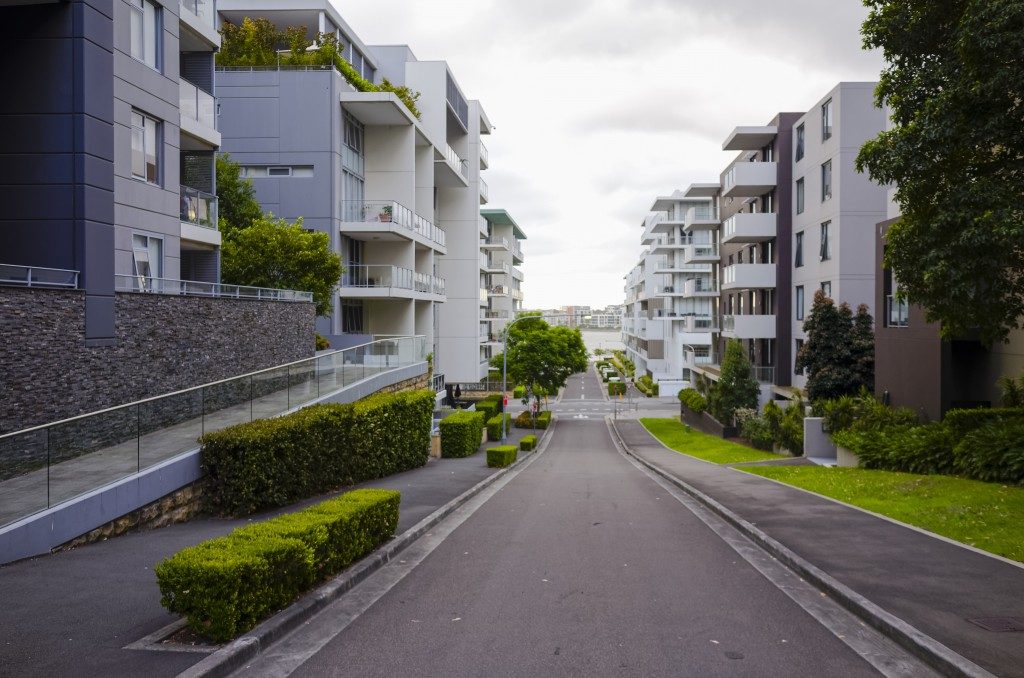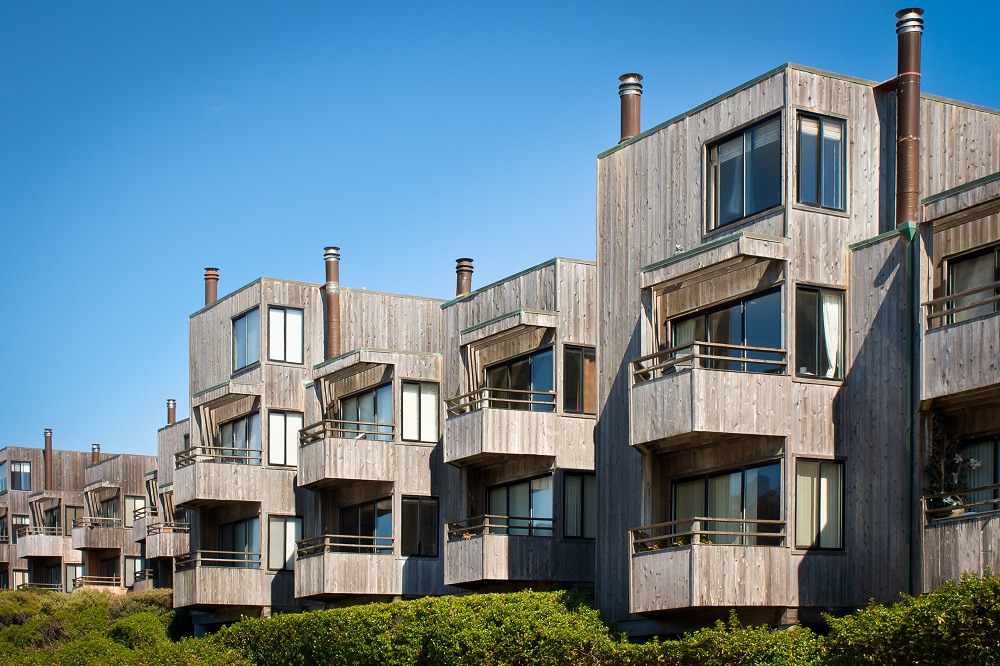It can be daunting looking for your first house to buy, especially considering the current real estate market. But whether you’re looking for a place to call home or are looking for rental property investments, it’s important to know what kind of house you’re buying and if it really is worth the price tag.
Buying real estate is one of the largest purchases in a person’s life, so there can be a lot of factors to take note of when viewing a home and meeting with the property owner or your real estate agent.
So, the next time you go view a potential property to buy, here’s a checklist to bring with you.
- Does this house fit in your budget?
- Is this house located in an area close to work/school/amenities/notable landmarks in your area?
- Check for HOA and the rules imposed by the HOA.
- What’s the price range of houses in the area?
- What’s the area like in the morning/evening?
- What’s the noise and traffic like on your street during rush hours?
- Parking restrictions/vehicles allowed on the property
- Crime rates in the area
- Is the lot flat or sloped?
- How big is the garden and how easy/difficult will it be to maintain it?
- Is the roof in good shape?
- Will you have to spend money on renovations, repairs, and improvements?
- Are the electrics, plumbing, insulation, and heating upgraded or in good condition?
- Are there any signs of water damage outside, inside, and in the basement of the property?
- Are the foundations cracked? Or are there any signs of damage?
- Check your phone for signal strength.
- How long has the seller owned and lived in the property?
- Why is the homeowner selling their property?
- What are the neighbors like?
- What is the average cost for monthly utilities?
- How long has the property been on the market?
- Has anyone died on the property?
- What are the offers for this property?
Finances

- Does this house fit in your budget?
- What’s the price range of houses in the area?
Before you go house hunting, you should already get your finances in order to see how much you can afford to spend on a house. This includes your savings, housing loans, or even whether or not you’re qualified to put a mortgage on the house you’re buying. By knowing how much you can spend on your house, you’re already narrowing down your options to the feasible ones you can afford.
Ideally, the total cost of buying a house should include the cost of any additional expenses you can expect to make. The hidden costs of buying a home can include your real estate agent’s fee, homeowner’s insurance, moving costs, and additional renovations and repairs, which can start at $10,000 when accumulated.
So, if you do the math and find that you can spend $250,000 on a house, looking at houses around the $225,000 figure is the practical option.
Also, be sure to check out the prices of similar houses for sale in the area to get a good idea of the price range of your neighborhood. By rule of thumb, the value of a home can only go so far depending on its neighborhood. If you’re paying $250,000 where homes average $275,000, you might be getting a good deal; but if it’s the other way around, you might be paying more than what the house is really worth.
Location & Neighborhood

- Is this house located in an area close to work/school/amenities/notable landmarks in your area?
- Is the location commuter-friendly?
- What’s the area like in the morning/evening?
- What’s the noise and traffic like on your street during rush hours?
- Crime rates in the area
- Check for HOA and the rules imposed by the HOA.
- Check your phone for signal strength.
- What are the neighbors like?
- Am I allowed to open rental properties in this neighborhood?
Knowing more about the location and neighborhood can help you get a feel of what the property is like when you (or your future tenants) live in the house. Remember: you’re not just buying the property; you’re also buying the community.
Check Google Maps to see nearby schools, hospitals, restaurants, malls, and other amenities in your area. It can be difficult to live in a home that is far from work, school, and commercial centers, especially if you commute or share a car with many others. If you commute every day, check to see if your location will make walking or commuting a problem.
For those with kids or planning to have kids, a good tip is to narrow down your house-hunting options to certain public school districts. This ensures that, whichever house you pick, you know your child will be in a good public school that isn’t overcrowded and has good amenities. Use websites like GreatSchools.org to see school district boundaries.
Ideally, you should visit the neighborhood during both the morning and the evening, preferably during the rush hour, to see the noise and traffic within the area. If you’re visiting the house on a Sunday afternoon, it may seem like a peaceful place to live. Only to realize your home is on a busy street on the weekdays.
Do research on the house’s community’s crime rates. Depending on the state you’re buying a house in, real estate agents and property owners may not be required to say if there is a sex offender in the neighborhood. If you ask them, they won’t lie (especially if they know that there is one), but they are allowed not to answer where the sex offender lives. For some peace of mind, it may be best to do your research beforehand and see if there are sex offenders registered near that property.

HOAs can be a nightmare to deal with, and the cost of HOA fees may be too high, depending on the community’s value. Also, if you can have a word with the neighbors, try to make small talk and see what they’re like. Good neighbors are the best, neighbors that keep to themselves and don’t bother you are acceptable, but bad neighbors that cause noise and do not clean their homes reduce your property’s value by 10 percent.
While viewing your home, check your phone for signal and reception. If it’s weak, consider looking at other houses or consider changing your signal. You can also ask your real estate agent which phone provider works best in the area.
Finally, for those looking to buy a house as a rental property, take note of the HOA or neighborhood rules on renting out property. Some communities are very relaxed and have no specific rules, while others are stricter and only allow long-term rentals for security purposes.
Potential Repairs and Renovations
- Is the lot flat or sloped?
- How big is the garden and how easy/difficult will it be to maintain it?
- Is the roof in good shape?
- Will you have to spend money on renovations, repairs, and improvements?
- Are the electrics, plumbing, insulation, and heating upgraded or in good condition?
- Are there any signs of water damage outside, inside, and in the basement of the property?
- Are the foundations cracked? Or are there any signs of damage?
Most of this checklist has to do with older properties – newly built properties are unlikely to have problems regarding these. So, if you know the home is old, check to see any visible damage that could cause long-term problems. You’ll be dealing with these problems long after you’ve purchased the house.

In terms of the garden, look at how large it is, how complex, and estimate how much would it cost to maintain the garden. Those looking for something more low maintenance should look for simple hedges, lawns, and no water fixtures like fountains and pools.
Property Value
- Parking restrictions/vehicles allowed on the property
- How long has the seller owned and lived in the property?
- Why is the homeowner selling their property?
- What is the average cost for monthly utilities?
- How long has the property been on the market?
- Has anyone died on the property?
- What are the undesirable locations within the area?
- What are the offers for this property?
These are the questions you ask that help you determine whether or not the house will be worth it in the long run.
Some communities do not allow trucks, vans, RVs, or any large vehicle parked on any property, which may be a problem if you already have one.
Check with the property owner to understand why they’re selling the house and how long they’ve owned the house. It’s a good way to build rapport, but you can also figure out how fast they want the house sold (giving you a good window to try and negotiate a price.

Depending on the state, your real estate agent or property owner may not be required to disclose deaths. Some state laws require they only disclose deaths relating to violent crimes, while deaths due to natural causes like a heart attack or suicides may not be included. However, some states also require sellers to disclose if they believe the house is haunted, so it’s best to just check with your local laws if you’re superstitious about buying a house where a person has died.
House hunting can be stressful, especially if it is your first time. This checklist will help you weigh all your options and find a property that will fit your expectations and needs. So, ready to buy a house?



